Retinol, retinal, retinoic acid… which is which, and which one should you try? It’s something we get asked about a lot at TTG, so here goes.
Why use retinoids?
There are few topics on which skin experts agree — but here’s one: that retinol (and retinal, and other ingredients in tribe of ‘retinoids’ which are all derived from vitamin A) are the gold-standard treatment to make the skin look fresher, less wrinkled, more even in tone and smoother.
Retinoids help normalise the way the skin works – ie, they move it towards normal –so if you’re prone to breakouts, they will reduce oil production. If your skin has pigmentation patches, it will rein them back. If you have older, wrinkled skin, it will smooth the surface and soften those wrinkles.
Strong, stronger, strongest: which retinoid is which?
So which retinoid does what, and where does retinol fit into the retinoid family tree? Here’s a round-up of retinoids, from the strongest to the weakest.
Retinoic acid
Also known as tretinoin, retinoic acid is the strongest and most effective retinoid and has a strong rejuvenating effect. Our skin cells have receptors for retinoic acid and know exactly what to do with it. It is also only available on prescription, because it is so potent. It is best if you are supervised by a doctor or dermatologist while using tretinoin. Side effects, if you use too much too quickly, include redness, irritation, dryness and peeling, so you need to go slowly with it to get the results without too much upset along the way.
Prescription only; also from online prescription services such as Skin & Me
Hydroxypinacolone Retinoate (HPR)
This is an ‘ester of retinoic acid’ (an ester is a chemical compound derived from an acid, with a slightly different chemical formula) which can bind straight onto the retinoid receptors in our skin cells. That means it has a very direct effect, without having to go through any conversion processes in the skin. It’s strong stuff – not as hard-hitting as retinoic acid, but then it’s gentler on the skin and easier to tolerate. On ingredient lists, you’ll find it called granactive retinoid.
Find it in: The Ordinary Granactive Retinoid 2%; Skin Rocks Retinoid 1 and Retinoid 2.
Retinaldehyde (retinal)
This is also powerful and needs to go through only one conversion step in the skin before it becomes retinoic acid and hits those receptors on the skin cells to trigger skin regeneration. It gives results around 11 times faster than retinol, yet it is no more difficult to tolerate than retinol.
Find it in: Medik8 Crystal Retinal; Trinny London Overnight Sensation
Retinyl retinoate (R-retinoate)
Before we get to retinol, on the sliding scale of strength and effectiveness, there are newly created types of retinoid molecules, which have been tweaked in the lab to give them cosmetic superpowers. One of these is retinyl retinoate, which is gentler on the skin than retinol, yet produces results that are eight times as good. R-retinoate needs to go through one conversion step, after which some of the product becomes retinoic acid, and the rest becomes retinol, which then goes through two conversion steps, to become retinoic acid itself.
Find it in: Medik8 R-Retinoate, Verso Super Facial Serum
Retinol
This is the retinoid we hear most about, as it is widely available in over-the-counter skincare. Once it’s on the skin, retinol has to be converted into retinaldehyde, and then into retinoic acid in order to work its magic. So it will give you skin-renewing results, but more slowly, and with fewer side effects, than retinoic acid.
Find it in: Paula’s Choice 1% Retinol Treatment; No7 Pure Retinol 0.3% Night Concentrate, CeraVe Resurfacing Retinol.
Retinyl propionate, retinyl palmitate, retinyl acetate
These are all esters (slightly different chemical forms) of retinol, and they’re the runts of the retinoid family. They need to go through one conversion process in the skin to become retinol, then two more to become retinoic acid. Some scientists say retinyl propionate looks promising for low-level skin renewal, but most agree that retinyl palmitate and acetate are unlikely to give noticeable rejuvenating effects. So, they sound good in theory, like a gentle way to start with retinoids, but you’ll be lucky if you see results with them.
How to start using retinol and other retinoids
With any retinoids (except that last lot of retinol esters) start slowly, using small amounts twice a week for two weeks, and see how your skin does with them before increasing the amount you’re using, or the frequency. Maybe mix the retinoid in with moisturiser, to help it spread more thinly and evenly – and moisturise well afterwards to help offset any dryness. If your skin starts feeling dry or irritable, slow down and use less. Most people’s skin will acclimatise to retinoids over time, but it’s a marathon, not a sprint, so go carefully.
Join Our Mailing List
This is the best way to stay in the loop with our latest news and updates, including industry titbits and tailored offers.
Related Stories
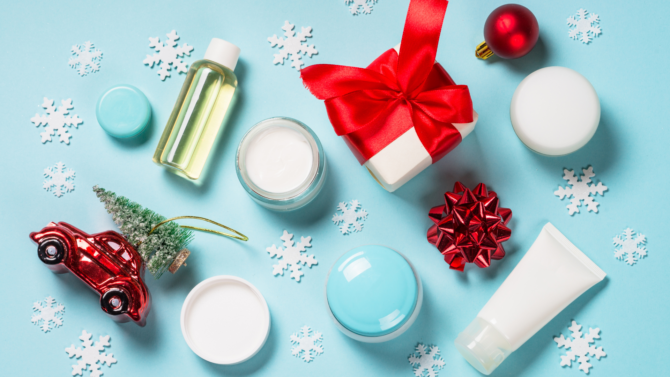
Skincare
How To Avoid ‘Festive Face’: Your Skin Survival Plan For Party Season
Festive food indulgences, lots of late nights, and a glass (or two) of champagne – the winter party...
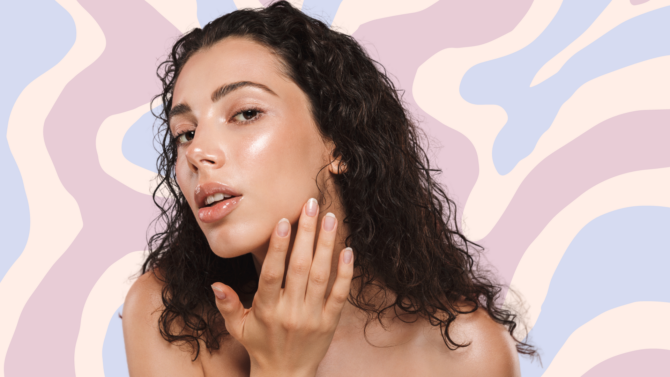
Concerns
Can ‘NoTox’ Skincare Ever Measure Up To Toxin Injections?
For anyone looking for an alternative to wrinkle-relaxing toxin injections, ‘NoTox’ skincare,...
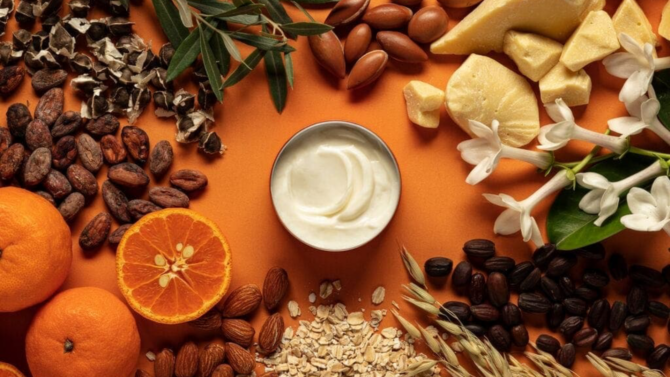
Skincare
Do You Need To Change Your Skincare Every Season?
As a beauty and aesthetics journalist with specific training in cosmetic science, I get asked a lot of...
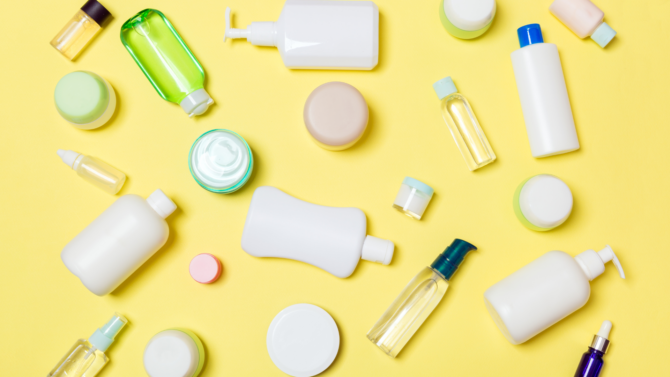
Skincare
Post-Tweakment Skincare: The Expert Guide
After the excitement of having a tweakment, it can be tempting to sit back and just wait for your results to...

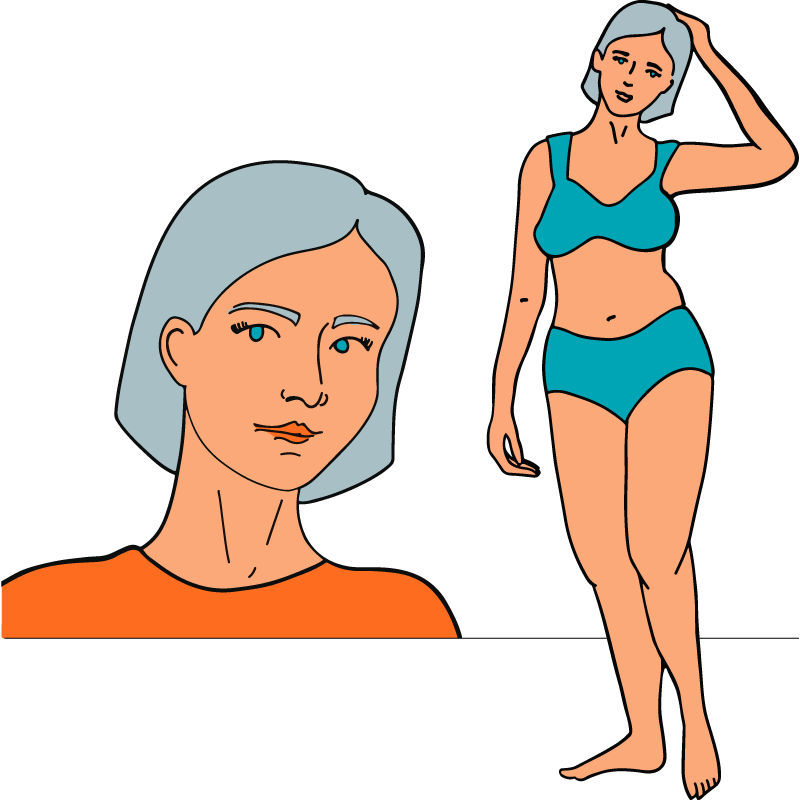

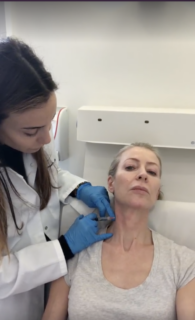
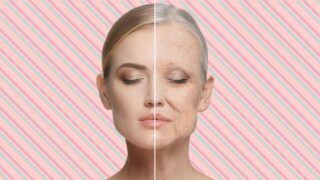
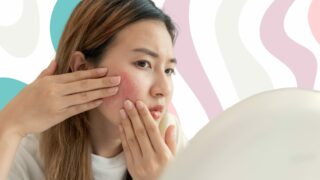

 The Tweakments Chatbot
The Tweakments Chatbot